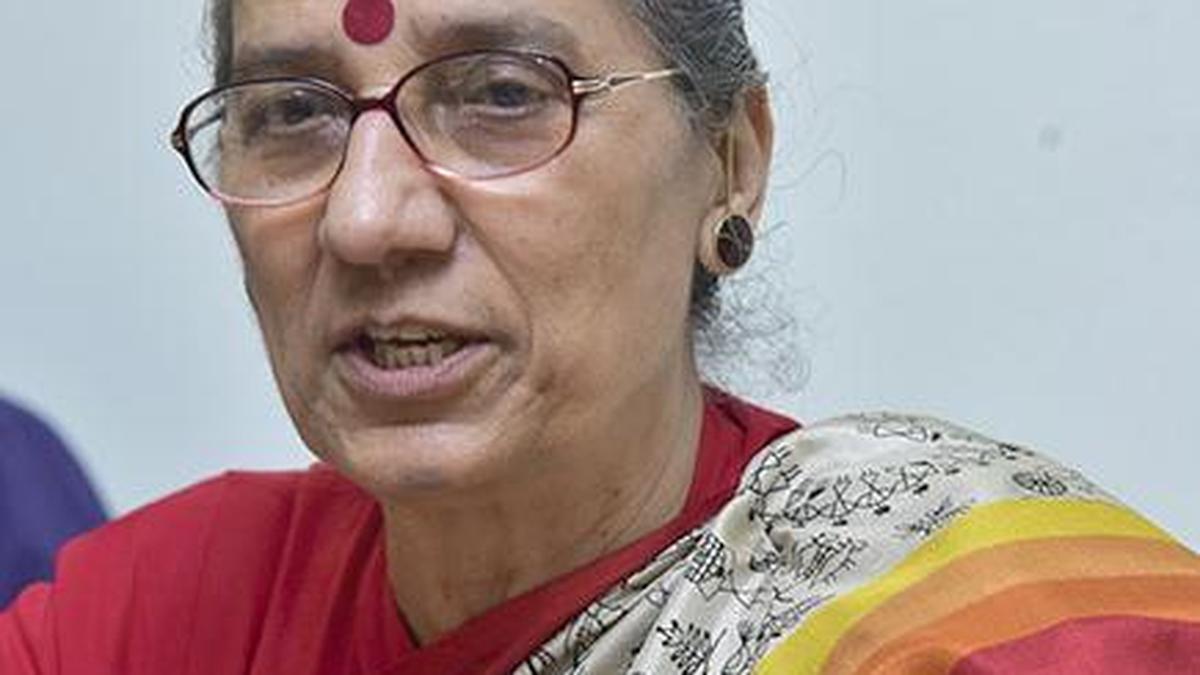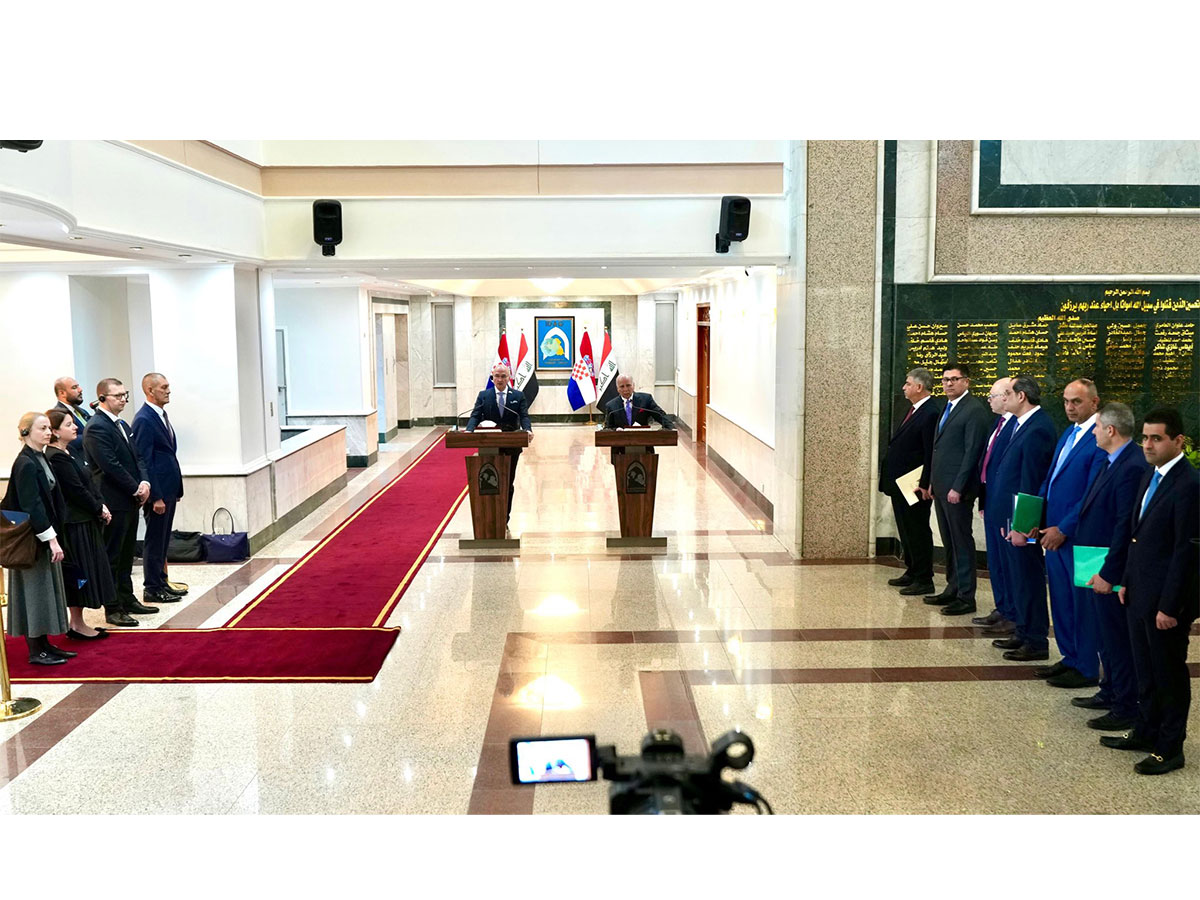Copyright thehindu

What are your thoughts on the draft Shram Shakti Niti? No trade union was consulted by the Narendra Modi-led government like it did before four Labour Codes were drafted, subsuming 29 labour laws. The whole concept is retrograde and dangerous. Trade unions have urged convening of Indian Labour Conference which has not been held since 2015, in violation of ILO convention C-144, to deliberate on pressing labour issues. Can you elaborate on your opposition to the policy? The Labour Ministry, which has to act as a regulator, has abandoned its role to become a facilitator for ease of doing business. The policy draws inspiration from the Manusmriti, Sukra Niti and Yajnavalkya Niti. Nowhere in the policy document is labour rights spoken about or trade unions mentioned. We fear that in the future, the whole economy might shift to daily wage and contract labour. Are you suggesting it has been particularly difficult to have a dialogue with the NDA government? There is no scope for deferring a decision and holding discussions in the BJP government. On the other hand, the non-RSS/BJP formations at least listen to popular demands. When you agitate and protest, they listen, deliberate, pause and discuss. Would you blame the Centre alone for the current challenges the trade unions face? Labour is in the concurrent list. The Centre is playing a game by making States implement the labour reforms. The State governments are taking up reforms based on the advice of the Centre, but the Centre is not taking the blame. We believe that the States have to follow orders, but not necessarily all the advice by the Centre. The States are falling victim in the competition to attract investments. Political leaders in States are not able to understand that good industrial environment cannot be created by suppressing labour. Across the world, business has flourished where labour interest is protected. Is the labour movement threatened in the country? Changes to labour laws now are affecting trade unionism faster than at any other time. About 90% of the labour force in India is already outside the purview of labour legislations. Governments are closing doors for labour and opening doors for investments. Regular employment is reducing with an increase in contract and outsourced employment, which is difficult to organise. Though we are worried about workers losing jobs, we also believe that it is an opportunity to organise the unorganised. It is an international trend. In fact, unionism also grew from a similar situation. The Communist Party of India (CPI) supported the Congress ahead of the 2023 elections in Karnataka. Is the party happy with the Congress government on labour issues? The Congress is also committed to neo-liberal economic policy. It had promised to roll back three anti labour amendments brought to Factories Act. It should take steps to roll back the amendments, which increased working hours from eight to 12, allow women in night shift, and increase overtime hours. India is a signatory to conventions of International Labour Organisation (ILO). We expect Chief Minister Siddaramaiah to act. But we also welcome progressive measures of the State government for gig workers, introduction of menstrual leave, and focus on domestic workers. The Congress government has not yet been able to implement enhancement of minimum wages also. When the Congress government in Karnataka notified the draft minimum wages, we showcased it as a model. By not finalising the minimum wages, it is sending a wrong signal. The trade unions will take to streets to demand what has been promised.



